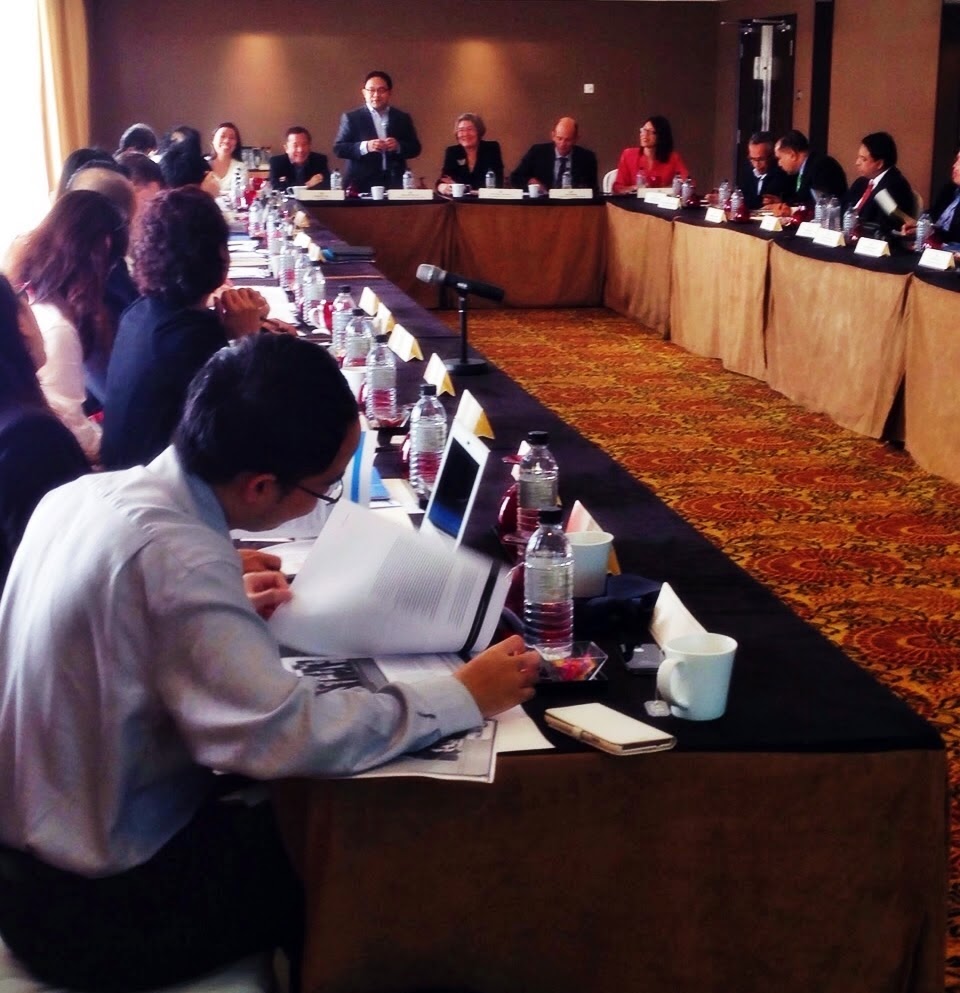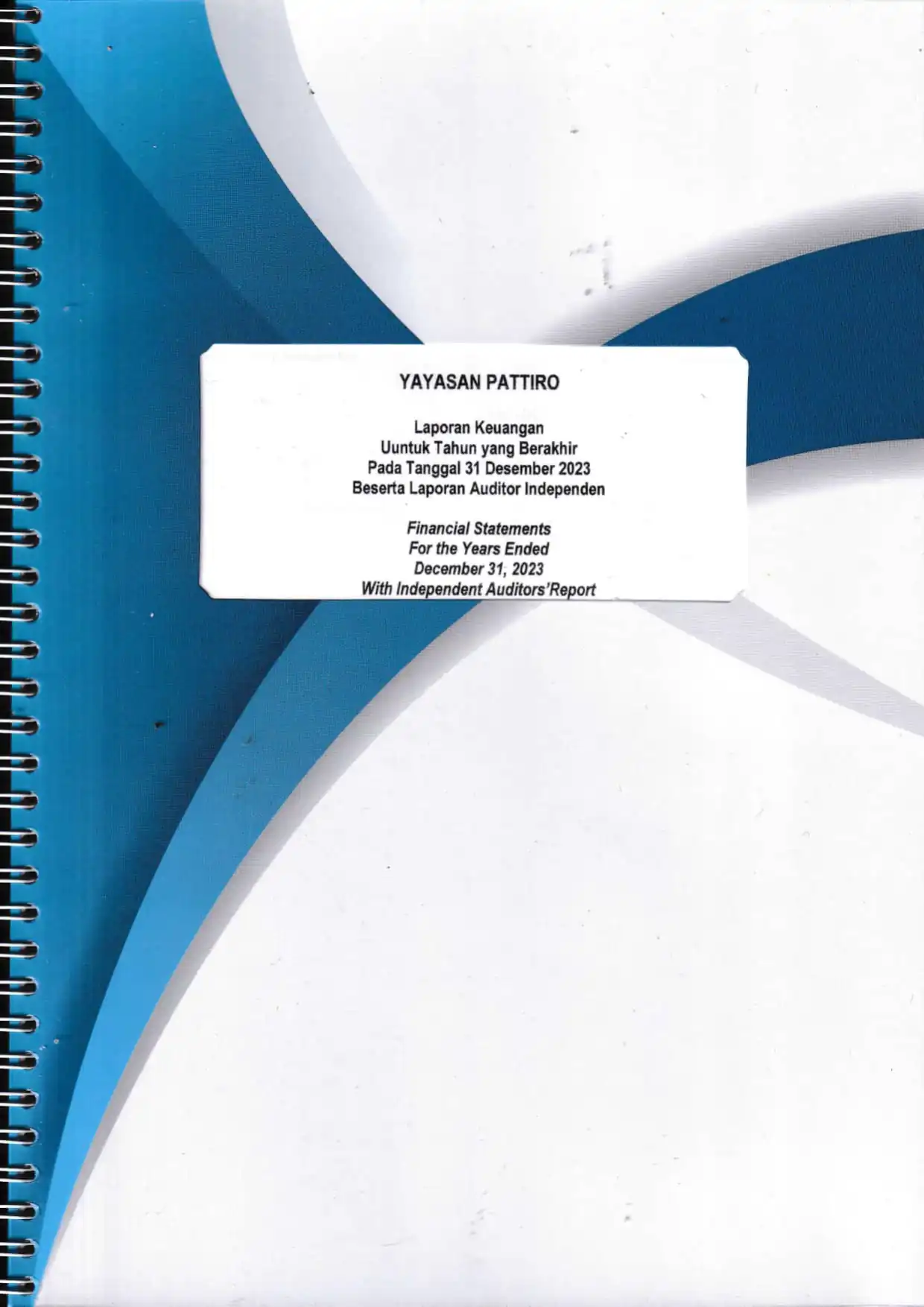Tuesday, 20 September 2011. An Open Government Declaration was established. Eight countries, Brazil, Mexico, Norway, the United Kingdom, the United States, the Philippines, South Africa, and Indonesia, proclaimed themselves outright to join the OGP as their commitment in the realization of a transparent and accountable government. Now, the number of the OGP participating countries has grown from 8 to 65 countries in 2014. However, there are only 10 out of 65 which are from the Asia-Pacific region – it is nothing compared to the number of countries in Asia-Pacific.
In response to this, in the Asia Pacific Regional Conference, various Civil Society Organizations (CSOs), from both OGP participating and non-participating countries in the region, find it necessary for those non-participating countries to join OGP. Therefore, to help them understand what OGP really is and its values, Indonesian government and the CSOs organize an OGP Workshop in 5 Asia Pacific countries – Malaysia, Cambodia, Vietnam, Myanmar, and Papua New Guinea – supported by Ford Foundation, Asia Development Bank (ADB), Open Society Foundation’s South East Asia Initiative (OSF SEAI) and Asia Foundation.
Kuala Lumpur, 13 October 2014. Coordinated collaboratively by the Institute for Democracy and Economic Affairs (IDEAS), Center for Regional Information and Studies (PATTIRO), Transparency Internasional Indonesia (TII), the Indonesian Presidential Unit for Delivery Unit for Development Monitoring and Oversight (UKP4), and the OGP Support Unit, under the coordination of Secretariat of CSO OGP Indonesia, the first series of the OGP Workshop in Malaysia was conducted.
The large number of the attendance of the workshop representing the Malaysian government such as the members of parliament, the Performance Management and Delivery Unit (PEMANDU) – a unit under the Prime Minister Department, Malaysia Anti-Corruption Commission (MACC), American Malaysia Chamber of Commerce, Ministry of International Trade and Industry, and the Political and Economy Counsellor of the British High Commission showed the high enthusiasm of Malaysia in taking part in this regional induction. In addition to the representatives of Government of Malaysia, civil society think tank institutions, universities, and various Non-Governmental Organizations (NGOs) at the federal and state level such as from Penang and Sarawak also gathered in the Majestic Hotel Kuala Lumpur to attend the workshop. Moreover, the Minister Counsellor – Political Affairs from the Indonesian Embassy in Kuala Lumpur, Mr. Freddy Panggabean, representing the Indonesian government was also present at the event. “As part of the government effort to achieve its vision and mission to be transparent and a credible government, since 1998 until now, government has met and worked together with civil society for better government in the country. Of course, we have to change. OGP becomes one of the platform where that efforts has been succesfully implemented,” said Freddy during his remarks.
It is not without reason that Malaysia is interested in joining the OGP. It is because the OGP offers many advantages to its participants. One of those is trust of the civil society in the government. The trust can also attract the stakeholders to invest their money in the government program. These things will later affect the nation’s economic growth. However, to become the participating country of OGP, there are several eligibility criteria Malaysia should have. These criteria are made not to burden those who are willing to join. “It is a minimum standard and can be used as a platform for countries who are willing to join the OGP movement,” explained Nanda Sihombing, an OGP Specialist from Center for Regional Information and Studies (PATTIRO).
In response to the criteria, the Malaysian Civil Society Organizations committed to take follow-up actions, so their country would be able to join Indonesia and Philippines as the participating countries of OGP and take the advantages of it. The follow-up actions are forming a CSOs coalition to push their government to be more open to the public, engaging state governments, such as Penang, which is better in term of openness compared to the federal government, conducting OGP awareness raising to key communities, developing user friendly tools to promote transparency and open data, developing grounded and concrete problem solving programs, and engaging reformers within the government.
Though Malaysia is not eligible yet to join the OGP, we have to appreciate their strong desire to make changes and improvements for the better governance. “It was all for them to realise that they can actually have something better and there’s a platform they can link to for ways of changing the culture for better governance in their country,” adds Nanda.
*Some information on this article has been distributed to the OGP Community through the OGP Mailing list.
Writer: Ega Rosalina
Editor: Nanda Sihombing






